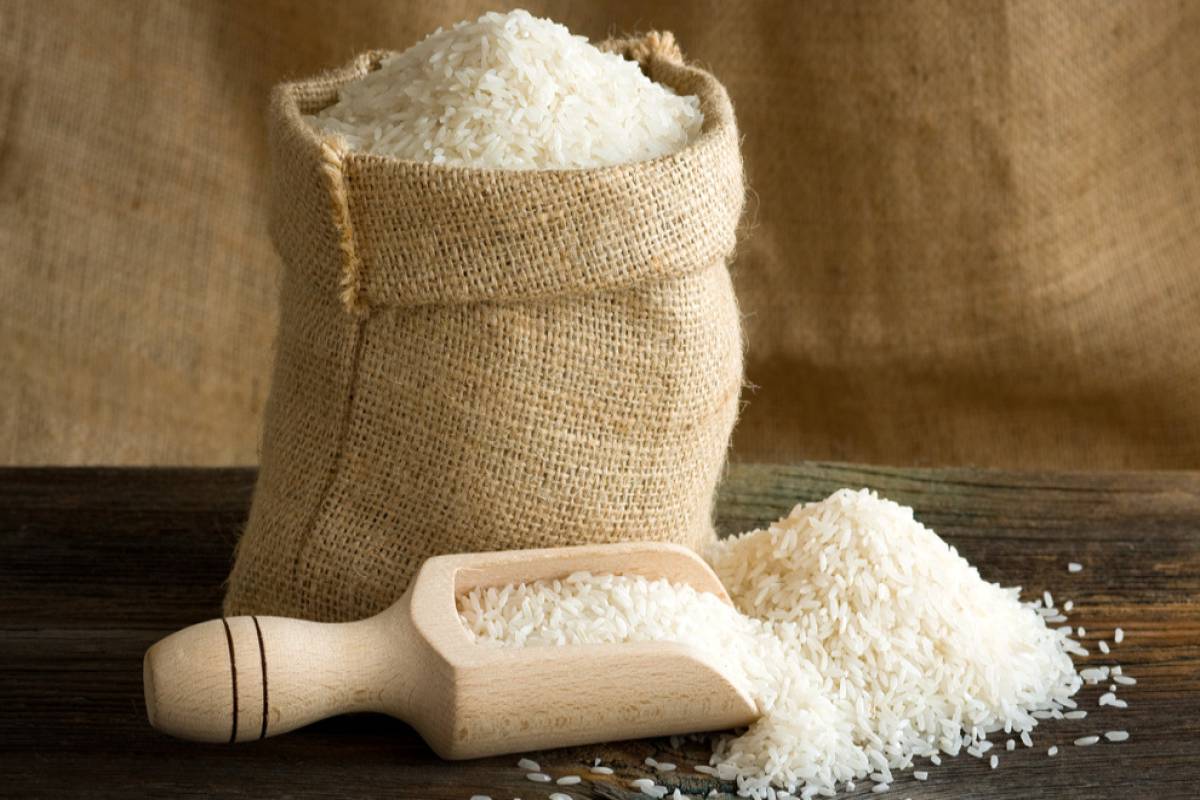Polish Foreign Minister urges Germany’s Scholz to give missiles to Ukraine
Sikorski described the delivery of US ATACMS missiles to Ukraine as a "reaction to the Russian escalation" in Ukraine, to which Germany must also respond.

Rice representation (File photo)
While it is certain that India’s decision to restrict exports of non-basmati rice will impact international food security as well as food prices, a calibrated approach by the government may first, help it achieve its objective of cooling prices in domestic markets in an election year and, second, allow it to keep supplies flowing to those countries and regions where it has important bilateral and strategic concerns. India has been careful to say that the restriction will not apply to those shipments for which Letters of Credit have been issued, and nor will it impact government-togovernment agreements. But when the world’s largest rice exporter ~ which is what India has become in the past decade ~ and a country that accounted for 40 per cent of global rice exports in 2022-23 decides to turn the supply down to a trickle, the impact will expectedly be significant. For one, imposition of such restrictions by one exporter normally has a ripple effect; when in 2007 Vietnam imposed restrictions, it was quickly followed by India, Pakistan and Thailand.
But this time there is an additional factor at play, the curtailment in the flow of grains from Russia and Ukraine because of the war, and the impact this has had on food security in the world’s poorest countries. Paradoxically, Indian rice exports are crucial for some of the same countries, over 40 of which depend on India for more than half of their rice imports, with the figure crossing 80 per cent for countries such as Iran, Ethiopia, Somalia, Sri Lanka, Nepal and Guinea. Bangladesh, which too has an election to confront by the year-end, will be especially anxious because it imports nearly three-fourths of its requirements of rice from India, and the grain provides nearly two-thirds of its citizens’ caloric intake. While the chief economist of the International Monetary Fund, Pierre-Olivier Gourinchas, has warned that India’s restrictions could exacerbate food price inflation and urged New Delhi to reverse its decision, there is grudging acceptance that India had sound reasons for doing what it did. For one, India is itself battling growing food inflation, with prices of grain and vegetables having peaked this year. Rice prices have risen by 15 per cent this year, and prices of vegetables important to Indian cooking, such as the humble tomato, have reached unprecedented levels. The government thus must battle the impacts of such inflation, and the fact this is an election year only underscores the urgency to act. At the same time, India must be conscious of the impacts of a strengthening El Nino effect, and the consequent diminishing of the summer monsoon which could lower production here as well as in other parts of Asia. If these predictions come true, and rice production falls, the decision to restrict exports and conserve stocks may prove to be a lifesaver for many Indians who depend on rice as the main staple.
Advertisement
Advertisement